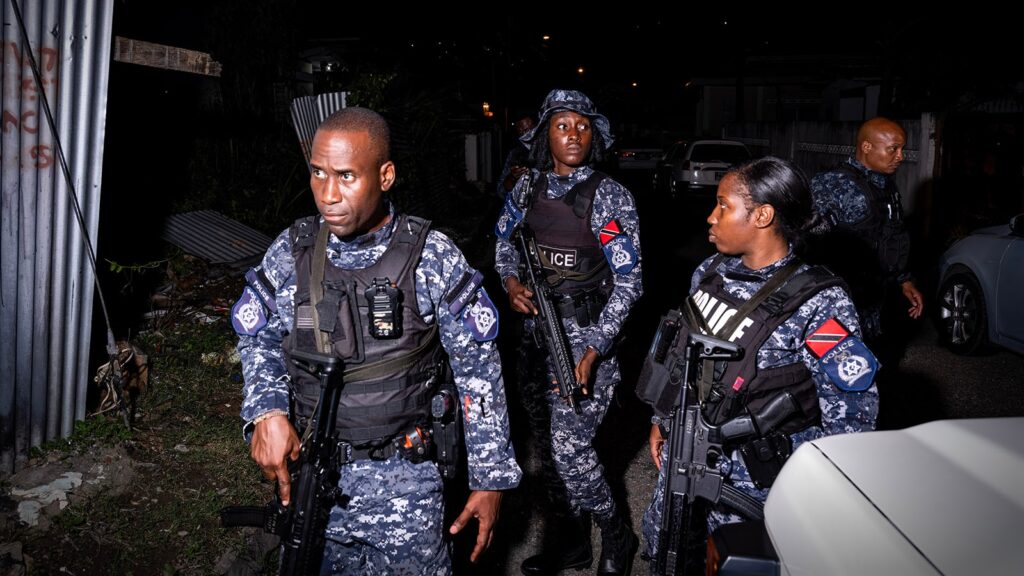
The Caribbean island of Trinidad is grappling with a surge in violence as gang activity disrupts both daily life and the tourism sector. Once known for its vibrant culture and welcoming atmosphere, the island now finds itself in the grips of armed conflict, leading to an alarming increase in crime rates and a decline in holidaymakers.
In recent months, the number of violent incidents has escalated significantly, impacting communities and businesses. According to the Trinidad and Tobago Police Service, the homicide rate reached an unprecedented level, with over 500 murders reported in 2023. This has led to heightened fears among local residents and potential visitors alike.
Impact on Tourism
Tourism, a vital economic driver for Trinidad, has been severely affected by the rising violence. The Trinidad and Tobago Tourism Authority has reported a 30% drop in visitor arrivals compared to previous years. Many holidaymakers are now reconsidering their travel plans due to safety concerns, prompting calls for urgent action from the government.
Local businesses that rely on tourists are feeling the strain. Hotels, restaurants, and tour operators are reporting cancellations and reduced bookings, which are detrimental to their livelihoods. For instance, a popular hotel in Port of Spain has seen occupancy rates plummet to 40%, down from 80% in the same period last year.
Government Response
In response to the escalating crisis, the Trinidadian government has implemented a series of measures aimed at curbing gang violence. Prime Minister Paula-Mae Weekes announced a new initiative involving increased police presence in affected areas and a crackdown on illegal firearms.
“We cannot allow gangs to dictate the security of our citizens and the stability of our economy,” Prime Minister Weekes stated during a press conference. The government is also working closely with community leaders to address the root causes of violence and provide support to affected families.
Despite these efforts, challenges remain. Many residents express skepticism regarding the effectiveness of government measures, citing a lack of resources and training for law enforcement. Community leaders are urging for more comprehensive strategies that address not only policing but also social issues such as poverty and unemployment, which contribute to the rise in gang activity.
As Trinidad navigates this turbulent period, the long-term implications for its tourism industry remain unclear. The island’s rich cultural heritage, beautiful landscapes, and warm people have long attracted visitors. However, without significant improvements in safety and security, the dream of returning to peaceful times may remain just that—a dream.
The international community watches closely, as Trinidad’s situation could have ripple effects throughout the region. For now, islanders hope for a swift resolution to the violence that has transformed their once-idyllic home into a battleground.







